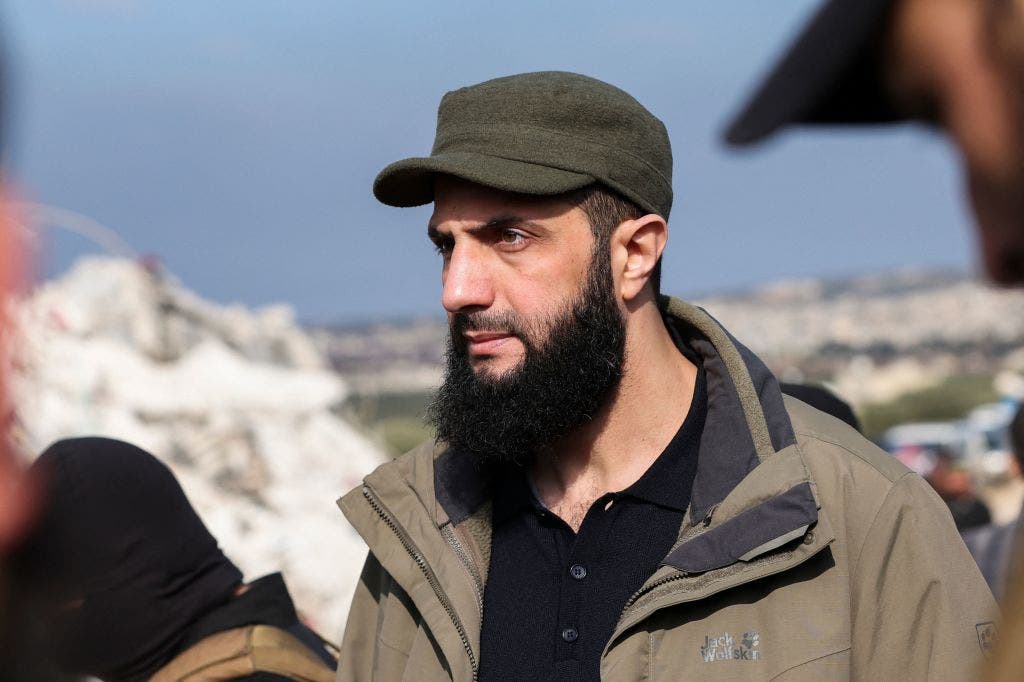Who is Abu Mohammed al-Golani, the terror leader at the center of Assad’s fall?

Islamist leader Abu Mohammed al-Golani, known for his extremist views, recently led a lightning offensive through Syria, resulting in the capture of the country’s capital, Damascus. Despite his recent appeal to moderate policies, Golani has a long history of involvement in terrorist activities, as highlighted by Bill Roggio, managing editor of Long War Journal.
According to Roggio, Golani, who heads Hayat Tahrir al-Sham (HTS), a designated global terrorist organization, has been involved in multiple terrorist attacks targeting civilians in Syria. Golani’s journey into jihadi thinking began after the 9/11 attacks, leading him to join al Qaeda in Iraq before returning to Syria in 2011 to join the revolt against Bashar Assad’s regime. In 2013, he aligned himself with al Qaeda’s Ayman al-Zawahiri before breaking ties in 2016 and forming HTS in 2017.
The U.S. Department of State designated Golani as a Specially Designated Global Terrorist in 2013, citing his role in orchestrating terrorist attacks in Syria. Despite his violent past, Golani has attempted to portray a more moderate image in recent years, especially as rebels under his leadership captured Damascus.
In an interview with CNN, Golani emphasized the importance of coexistence among Syria’s religious minority groups, signaling a shift towards a more inclusive approach. However, Roggio remains skeptical of Golani’s intentions, describing him as a “global jihadist” who excels at manipulation.
As rebels celebrate the fall of Assad’s regime, concerns arise about the future of Syria under Golani’s leadership. Roggio warns that the replacement of Assad may not bring significant improvements for the Syrian population, raising questions about the stability and governance of the country going forward.
The fall of Assad and the rise of Golani’s forces mark a significant turning point in Syria’s ongoing conflict, with implications for regional stability and the well-being of the Syrian people. As the situation unfolds, the international community closely monitors developments in Syria to assess the impact of Golani’s leadership on the country’s future.




